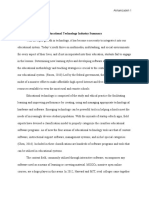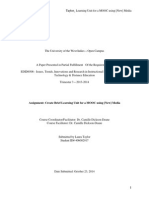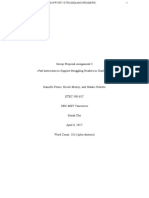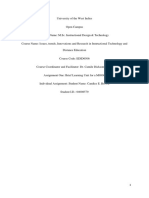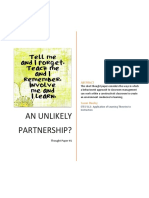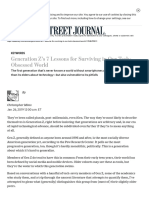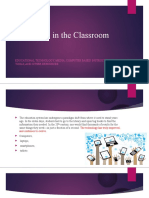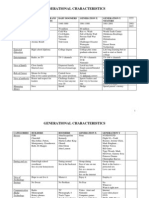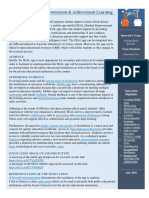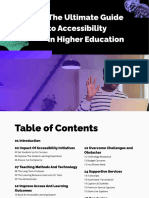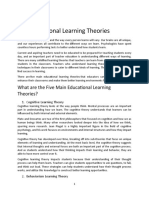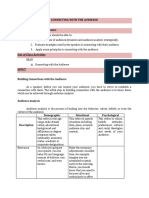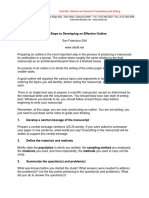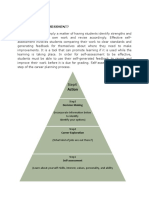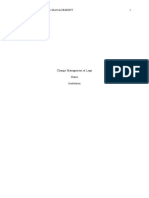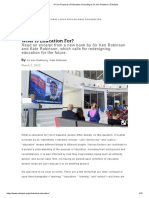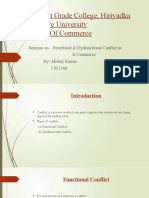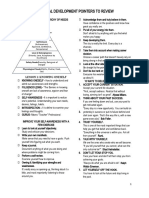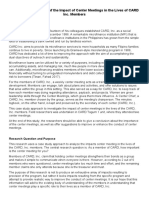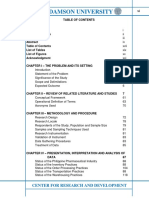100% found this document useful (1 vote)
139 views17 pagesUnit 1-Lesson2 Different Generations of Learners
The document discusses the characteristics of different generations of learners, highlighting how their unique backgrounds and experiences influence their learning preferences and styles. It categorizes generations from the Greatest Generation to Generation Alpha, detailing their distinct traits and educational needs. Additionally, it introduces the anticipated Generation Beta, who will grow up in a highly digital and AI-driven world, emphasizing personalized and collaborative learning experiences.
Uploaded by
monleonayexia96003Copyright
© © All Rights Reserved
We take content rights seriously. If you suspect this is your content, claim it here.
Available Formats
Download as PDF, TXT or read online on Scribd
100% found this document useful (1 vote)
139 views17 pagesUnit 1-Lesson2 Different Generations of Learners
The document discusses the characteristics of different generations of learners, highlighting how their unique backgrounds and experiences influence their learning preferences and styles. It categorizes generations from the Greatest Generation to Generation Alpha, detailing their distinct traits and educational needs. Additionally, it introduces the anticipated Generation Beta, who will grow up in a highly digital and AI-driven world, emphasizing personalized and collaborative learning experiences.
Uploaded by
monleonayexia96003Copyright
© © All Rights Reserved
We take content rights seriously. If you suspect this is your content, claim it here.
Available Formats
Download as PDF, TXT or read online on Scribd
/ 17






